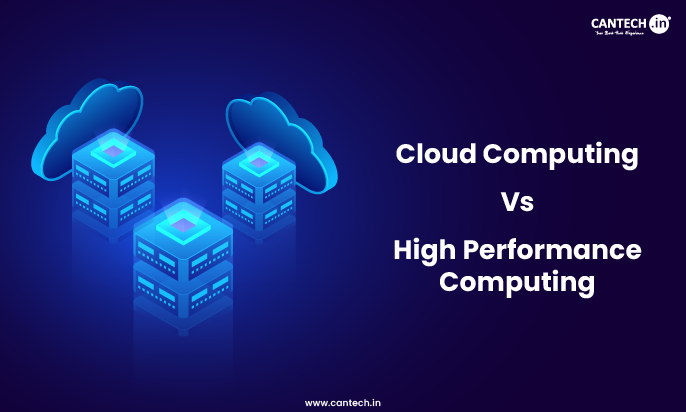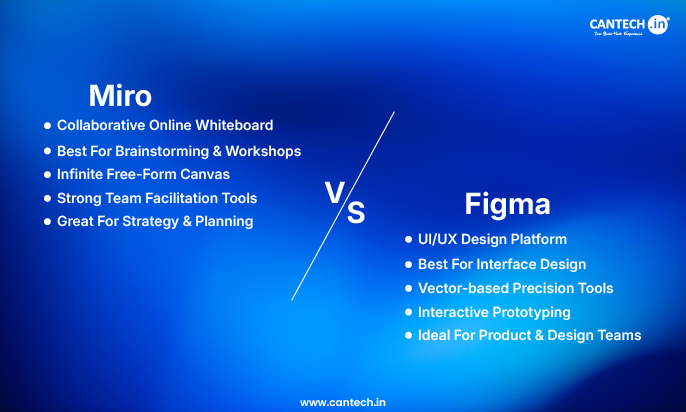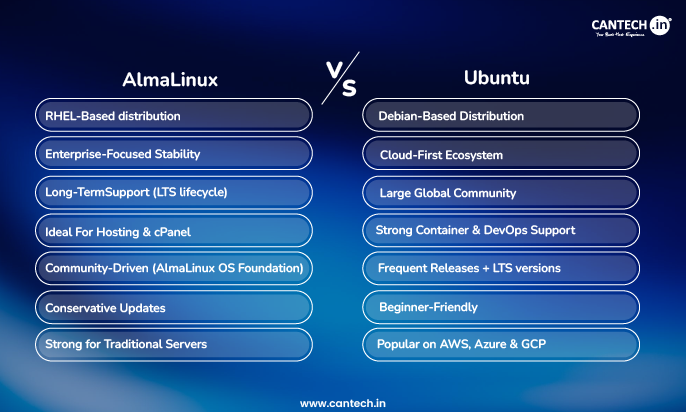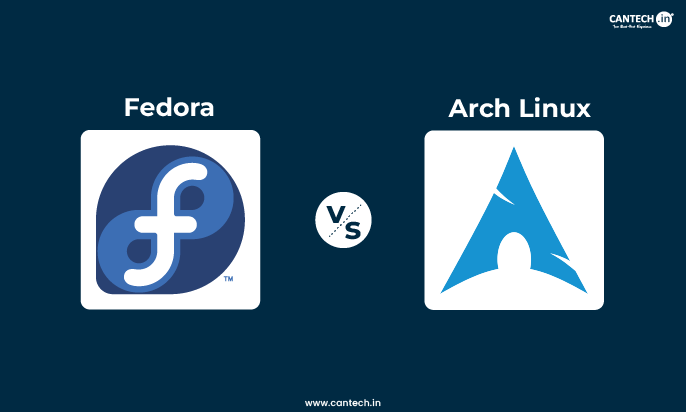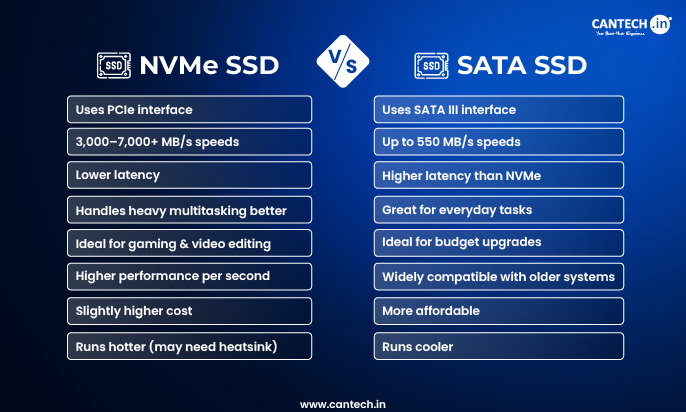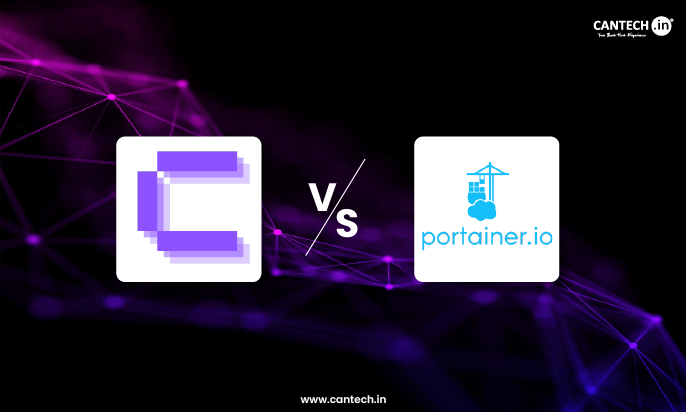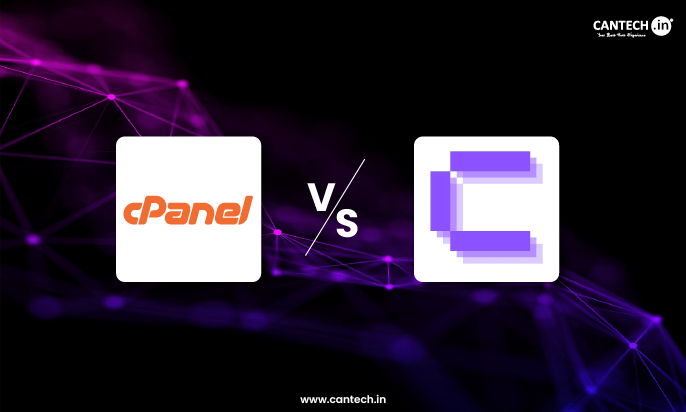In this blog we will discuss the differences between two popular computing technologies which is High performance computing and cloud computing.
High Performance Computing : Definition
High performance computing is consolidation of powerful cluster hardware to conduct a variety of demanding calculations that are beyond the capabilities of a standard computer. A supercomputer is one of the common examples of HPC hardware that is capable of conducting massive computations in a fraction of second. It consists of many computing nodes that work continuously which creates a HPC cluster.
Read More : What is High Performance Computing?
Benefits of High Performance Computing
Here are some of the advantages of High performance computing:
- Ability to perform intensive and time consuming tasks like computations, risk calculations and fraud detection without the need of heavy investments in the infrastructure.
- HPC delivers fast processing speeds where it can perform large numbers of calculations in seconds with cluster computing, latest CPUs and GPUs and low latency networking.
- It has the ability to analyze data faster and allows companies to simplify existing processes and tasks.
- HPC has fault tolerance where if one node fails, the rest of the HPC system continues to operate with minimum downtime.
- HPC performs tasks efficiently and faster at low cost, resulting in time saving and cost effective operations.
Applications of High Performance Computing
High performance computing is most common in leading industries and for several applications. Some of the common examples are:
- Risk Analysis, Financial modeling, fraud detection and other fintech operations.
- Rendering special effects for video, 3D animation, media file transcoding etc.
- Sales patterns, Customer data analysis for better marketing strategies and personalized customer experience and product recommendations.
- Complex simulations within the realms of the aerospace industry.
- Predictions or forecasts, spatial analysis for gas or oil resources.
Cloud Computing : Definition
Cloud computing offers on-demand computing services such as servers, storage, databases, networking, software, analytics, AI through the cloud on a rental or pay-as-you-go basis. It offers flexible resources, fast innovation and scalability as the business evolves.
Read More : What is Cloud Computing?
Benefits of Cloud Computing
Here are some of the advantages of cloud computing:
- Cloud computing offers the opportunity to scale at your own speed. Businesses can upscale and downsize decisively as per their needs.
- Migrating businesses to the cloud offers data protection, firewalls and advanced security features.
- Cloud computing uses cutting-edge technology on a cloud platform which includes artificial intelligence, machine learning, data visualization and data analytics.
- It has more powerful predictive analysis capabilities compared to other technologies.
- Cloud computing offers mobility benefits where employees can perform heavy tasks from anywhere. This helps maintain work-life balance.
Applications of Cloud Computing
Here are some of the common cloud computing use cases.
- Cloud hosting offers an ideal environment for hosting apps and websites. They provide developers with tools and resources to build, deploy and manage efficiently.
- Cloud technology can be utilized by companies to scale operations efficiently without heavily spending on infrastructure. It offers flexibility to adapt to evolving business needs.
- Cloud computing provides a scalable and secure way to store data online which lets users access or retrieve data anytime.
- Businesses can use cloud computing technologies for big data analytics to analyze large datasheets, and gain insights to make strategic business decisions.
- Cloud environments such as hybrid and private cloud are perfect for testing, development that offer developers a scalable and affordable solution.
High Performance Computing vs Cloud Computing: Key Differences
Let’s take a closer look at the difference between high performance computing and cloud computing.
| Feature | High Performance Computing | Cloud Computing |
| Core Architecture | Tightly-Coupled Clusters | Distributed Systems |
| Interconnect | Offers low latency | Has Standard High-Bandwidth Ethernet |
| Deployment Model | Often Dedicated, On-Prem, Cloud HPC pods. | Private Cloud, Public Cloud, Hybrid Cloud |
| Cost Model | High Capex, Lower Opex (Power, Staff) | Low Capex, No Capex , Pay-as-you-Go Opex |
| Scalability | Scale-Up/Scale-Out which are pre-planned, less elastic | Highly Elastic that are Instant Up/Down |
| Tenancy | Mostly dedicated | Offers Multi-tenant / shared resources. |
| Storage | Provides parallel file systems | Offers block storage, Object storage and NFS |
| Management | It is specialized and most often complex. (Job schedulers) | It is easy, API-driven and self-service. |
| Best For | Tightly-Coupled, Latency-Sensitive Simulations | Variable Workloads, Web Apps, Managed AI/ML |
Conclusion
HPC and cloud computing are complementary and powerful tools in the modern computational ecosystem. To take best advantage of both these technologies it is important to thoroughly understand their architectures, strengths, weaknesses and cost is crucial.
HPC is hands down the best for most complex, tightly-coupled simulations that require maximum power and low latency. Whereas, cloud computing excels in offering unparalleled agility, scalability, and access to services, especially for variable workloads and managed services.
Hybrid HPC and cloud HPC solutions provide best of both worlds for many organizations, to offer flexibility and balance between cost-performance.
FAQs
What is the relationship between HPC and cloud computing?
HPC can be utilized on-premises with dedicated equipment, in the cloud, or a hybrid of each. It also provides flexibility and scalability without having to spend on expensive dedicated supercomputers.
What are some examples of HPC?
Some of the examples of HPC Applications are:
- Computational fluid dynamics.
- Molecular dynamics simulation.
- Climate modeling.
- Electromagnetic simulation.
- Seismic imaging and analysis.
- Materials science and engineering.
- Computational chemistry.
- Structural mechanics and engineering.
What are some examples of Cloud computing?
Some of the cloud computing examples are Google Docs, Microsoft 365, where users can access Google Docs and Microsoft 365 through the internet. They can be used to access work presentations and spreadsheets stored in the cloud anytime from anywhere on any device. Another example is Apple’s iCloud, where it is used to back up contents to iCloud.
Is cloud computing secure?
Cloud storage is usually more secure than standard storage because it uses encryption. It is secure because storing data in multiple places secures it when part of a system is compromised. Despite this, cloud storage may come with security risks like unauthorized access and data breaches.
